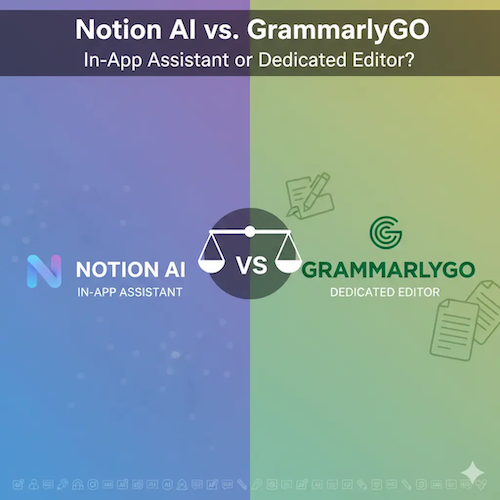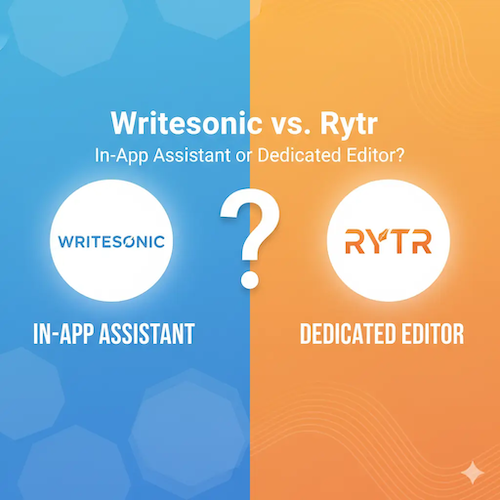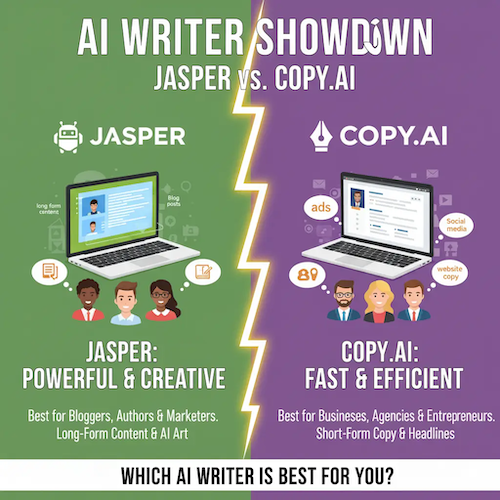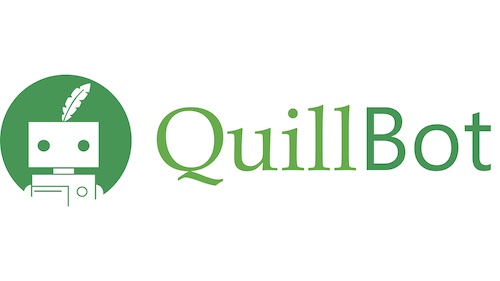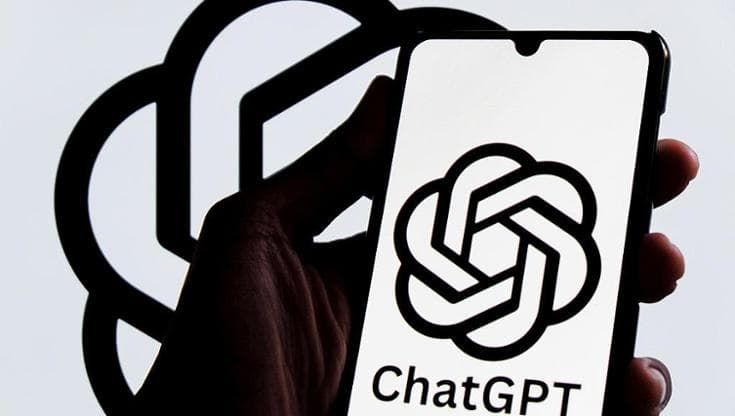
The Unstoppable Force: ChatGPT in the 2025 AI Landscape
ChatGPT, developed by OpenAI, remains the undisputed king of general-purpose AI assistants. It has evolved from a simple language model into a powerful multimodal platform, capable of handling complex tasks ranging from coding to image generation. For anyone working online, understanding ChatGPT’s capabilities—especially with the introduction of models like GPT-4o and the anticipated GPT-5—is essential for maintaining a competitive edge.
In this comprehensive review, we dive deep into ChatGPT’s performance, focusing on the core principles of E-E-A-T (Experience, Expertise, Authoritativeness, and Trustworthiness). We assess its multimodal features, its enterprise readiness, and critically examine its reliability compared to key rivals like Google Gemini and Perplexity. This is the definitive guide to determining if ChatGPT Plus is worth the investment in 2025.
E-E-A-T Analysis: Trust and Authority in the Age of GPT-5
For a tool as influential as ChatGPT, E-E-A-T is paramount. Our evaluation goes beyond mere feature comparison to assess the safety, accuracy, and reliability of the platform.
Trustworthiness: Hallucination and Data Privacy
The primary concern with any large language model (LLM) is “hallucination”—the generation of false or misleading information. While early models were notoriously unreliable in technical fields like law and science [1], recent iterations, particularly GPT-4o, have shown significant improvement. One 2025 study noted that ChatGPT achieved a 90% accuracy rate in providing clear information, a substantial leap in reliability [2].
However, Trustworthiness extends to data privacy. OpenAI offers robust security features for its Business and Enterprise tiers, including data encryption and the assurance that conversations are not used to train models. Individuals using the free or Plus tiers must be mindful of their privacy settings.
Expertise: Multimodal Mastery and Advanced Data Analysis
ChatGPT’s expertise is now truly multimodal. It seamlessly integrates text, image, and code analysis. The Advanced Data Analysis feature (formerly Code Interpreter) allows users to upload files (CSV, Excel, images) and perform complex tasks like statistical analysis, data visualization, and code debugging. This makes it a powerful tool not just for writers (Jasper users) but also for analysts and developers (GitHub Copilot users) looking for quick solutions.
Experience: Interface and Seamless Integration
The user experience is defined by its simplicity. ChatGPT’s clean, chat-based interface is intuitive. The availability of dedicated mobile apps and the integration with DALL·E 3 for image generation (Midjourney competitor) create a seamless workflow. The ability to create and share custom GPTs further enhances the user’s Experience, allowing them to tailor the model’s behavior for specific tasks, such as generating content for a specific SEO tool.
Core Features: What Sets ChatGPT Apart
ChatGPT is no longer just a chatbot; it is an ecosystem. Its core features define its dominance in the General Assistants & AI Chat category.
1. The Power of GPT-4o and GPT-5
The current flagship model, GPT-4o (“omni”), offers superior speed and multimodal capabilities compared to its predecessors. It processes text, audio, and images natively. The anticipated launch of GPT-5 promises even greater reasoning, context window size, and reduced hallucination rates, further cementing OpenAI’s lead in the large language model space [3].
2. Custom GPTs and the GPT Store
The ability to create and monetize custom versions of ChatGPT has fostered a massive ecosystem. Users can fine-tune the model’s instructions, knowledge base, and capabilities for highly specific tasks, such as generating video scripts or planning complex meeting summaries. This feature is a significant differentiator from competitors.
3. DALL·E 3 Integration
ChatGPT Plus subscribers gain native access to DALL·E 3, allowing them to generate high-quality images directly within the chat interface. This integration is far more intuitive than using standalone tools, as the model refines the prompt based on the conversation context, leading to more accurate visual results.
4. Web Browsing and Real-Time Data
The model can browse the internet to provide up-to-date information, crucial for tasks requiring current data, such as market analysis or checking the latest features of a competitor like ElevenLabs.
5. API for Developers and Enterprise
OpenAI’s robust API platform allows developers to integrate the power of GPT models into their own applications. This is the backbone of the AI economy, enabling everything from customer service bots to custom coding assistants. The API documentation is comprehensive and widely supported [4].
Pricing and Plans: Is ChatGPT Plus Worth the Cost?
ChatGPT offers a tiered pricing structure designed to meet the needs of casual users up to large enterprises. The value proposition of the paid tiers is centered on access to the most advanced models (GPT-4o, GPT-5) and enhanced features.
| Plan | Cost | Key Features | Best For |
|---|---|---|---|
| Free | $0 | GPT-3.5, Limited GPT-4o, Basic Data Analysis. | Casual users, Students, Basic inquiries. |
| Plus | $20/month | Priority access to GPT-4o/GPT-5, DALL·E 3, Advanced Data Analysis, Custom GPTs, Web Browsing. | Power users, Freelancers, Small Business Owners. |
| Team | $25-$30/user/month | Centralized admin, higher usage caps, dedicated workspace, data privacy assurance. | Small to Mid-sized Teams, Agencies. |
| Enterprise | Custom Pricing | Highest speed, unlimited usage, dedicated support, maximum security and compliance. | Large Corporations, Highly Regulated Industries. |
For the average professional, ChatGPT Plus at $20/month is highly recommended. The access to GPT-4o’s speed and the multimodal tools (DALL·E 3, Data Analysis) justify the cost by significantly boosting productivity. You can find the official pricing details here [5].
ChatGPT vs. The Competition: A Head-to-Head Look
While ChatGPT dominates, the competition is fierce, particularly from tech giants. The choice often comes down to ecosystem preference.
ChatGPT vs. Google Gemini
Gemini is ChatGPT’s most direct and formidable competitor. Gemini excels in real-time information integration and deep integration with the Google ecosystem (Gmail, Docs, Workspace). While ChatGPT often shows superior raw reasoning power (Expertise), Gemini’s seamless connection to live data and Google’s services gives it a critical advantage for users embedded in the Workspace environment. We provide a detailed breakdown in our ChatGPT vs. Gemini comparison [6].
ChatGPT vs. Perplexity
Perplexity is not a general assistant but an “Answer Engine.” It focuses almost exclusively on research and source citation. For tasks demanding high Trustworthiness and verifiable sources (like academic research or fact-checking), Perplexity often outperforms ChatGPT by prioritizing citation accuracy. However, Perplexity lacks the deep creative and generative features (like DALL·E 3, custom GPTs) that ChatGPT offers. See our ChatGPT vs. Perplexity analysis [7].
Pros and Cons: The AI Rater Verdict at a Glance
| Pros (Vantaggi) | Cons (Svantaggi) |
|---|---|
| ✅ Best-in-Class Models: Access to GPT-4o and future GPT-5. | ❌ High Cost: Paid tiers are necessary for advanced features. |
| ✅ Multimodal Excellence: Seamless integration of DALL·E 3, voice, and data analysis. | ❌ Hallucination Risk: Still present, especially in niche or complex legal/scientific queries [8]. |
| ✅ Custom GPT Ecosystem: Unmatched ability to create and share custom AI agents. | ❌ Data Privacy (Free/Plus): User data may be used for training unless explicitly opted out. |
| ✅ Industry Standard: Widest API adoption and third-party tool integration (e.g., Content Marketing, Coding). | ❌ Ecosystem Lock-in: Less integrated with Google Workspace than Gemini. |
Final Verdict and AI Rater Score
AI Rater Score: 9.6/10 (Editor’s Choice)
ChatGPT is the benchmark against which all other general AI assistants are measured. Its continuous innovation, particularly through the GPT Store and multimodal features, makes it the most versatile and powerful tool available for the vast majority of online professionals. While competitors like Gemini offer better ecosystem integration, ChatGPT’s raw power and the sheer size of its developer community give it an insurmountable lead in terms of Authority and Expertise.
Recommendation: If your work involves a mix of creative writing, data analysis, coding, and general research, the ChatGPT Plus subscription is the single most valuable AI investment you can make in 2025.
For more specialized tasks, consider checking out our reviews on Video AI and Voice AI tools.
Frequently Asked Questions (FAQ)
Q: Is ChatGPT Plus worth $20 a month in 2025?
A: Yes, for power users and professionals. The subscription grants access to the faster, more accurate GPT-4o/GPT-5 models, DALL·E 3 image generation, and Advanced Data Analysis, which significantly boost productivity and justify the cost.
Q: What is the difference between ChatGPT and Gemini?
A: ChatGPT (OpenAI) generally has superior raw reasoning and a better custom GPT ecosystem. Gemini (Google) excels in real-time web integration and deep, seamless integration with Google Workspace (Gmail, Docs, Drive).
Q: Can ChatGPT be used for coding?
A: Absolutely. ChatGPT, especially with the Advanced Data Analysis feature, can debug code, generate functions, explain complex algorithms, and even analyze data files. It is a powerful complement to dedicated IDE assistants.
Q: Is ChatGPT data private?
A: In the Plus and Free tiers, OpenAI may use conversations to train models unless you explicitly opt out in your settings. For guaranteed privacy and data exclusion, the Team and Enterprise plans are required, as they offer contractual assurances that your data will not be used for training.
Q: Does ChatGPT cite its sources?
A: When using the web-browsing feature, ChatGPT often provides source links, but its citation accuracy is not as rigorous as specialized research tools like Perplexity or Consensus. Always verify critical information by clicking the provided links.
Q: How does ChatGPT compare to Perplexity for research?
A: ChatGPT is a generalist; Perplexity is a specialist. For general knowledge and creative tasks, ChatGPT wins. For academic research or tasks requiring high Trustworthiness and verifiable citations, Perplexity is often superior because its core function is source-based summarization.
References and External Sources
- [1] Shen, X. et al. (2023). In ChatGPT We Trust? Measuring and Characterizing the Reliability of ChatGPT.
- [2] Ghehsareh, M.M. (2025). Expert evaluation of ChatGPT accuracy and reliability for information provision.
- [3] OpenAI Official Documentation: Chat API Guide.
- [4] OpenAI API Reference Documentation.
- [5] OpenAI Official ChatGPT Pricing Page.
- [6] Küchemann, S. et al. (2024). ChatGPT’s quality: Reliability and validity of concept items.

